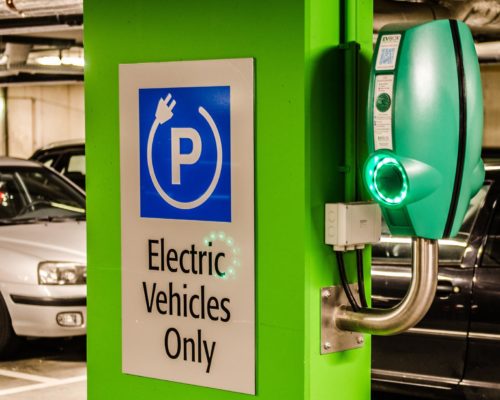Japan
Japan’s Sustainability Programs Are Lacking Compared to G7
Japan is hosting the G7 summit in 2023, which will include discussions on decarbonisation and renewable energy development. However, Japan's sustainability efforts are considered some of the poorest of the G7 nations. The country's financing of fossil fuel projects throughout Asia, its reliance on coal and its questionable strategy towards decarbonisation are all concerns. As the host, Japan should promote sustainability efforts.
Japan’s Hydrogen Plans: A Closer Look
Japan is basing much of its 2050 net-zero goals on hydrogen development without clearly defining what it considers "clean hydrogen". As such, its hydrogen plans mostly rely on blue hydrogen, which still involves burning fossil fuels.
Japanese Technology Expansion: Southeast Asia Pays the Price
This year's G7 meeting, which Japan will chair, remains an important moment for its international credibility in the battle against the climate crisis.
What Will It Take For Japan To Achieve Carbon Neutrality by 2050?
Japan prepares to host this year’s G7 meeting in light of public criticism for its lack of decarbonisation progress and a continued obsession with fossil fuels. However, the country is now uniquely positioned to prove its critics wrong. Doing so will unleash various positives, both for Japan and the region.
Debunking Japan’s ‘Clean Coal Technology’ Claim
Japan's clean coal ambitions have been criticised as another attempt to stall the country's clean energy transition and keep coal afloat.
Using Transition Bonds For Ammonia and Blue Hydrogen Projects: The Risks For Investors and the Issuing Companies
Using transition bonds to fund blue hydrogen and ammonia projects risks extending the climate crisis. But, more importantly, it tarnishes the idea of climate financing at a time when it is needed the most.
Climate Change in Japan: The Role of Japanese Companies
Japanese companies can be a real driving force in the country’s decarbonisation journey. The government, on the other hand, has to set more ambitious targets. Only by working together can the state and the private sector accelerate Japan's net-zero transition.
MHI First Transition Bond Program – All You Need to Know
Instead of the innovative green financing mechanism they were supposed to be, transition bonds have become the perfect tool for greenwashing. MHI's first transition bonds program can either accelerate the company's net-zero efforts or further distance it from carbon neutrality. The key is in MHI's hands.
The Curious Case of SMBC Group – Financing Climate Change Offenders
While SMBC Group has taken some positive steps in terms of its green commitments, it falls way behind global and even local competitors. Unless the financial institution makes a dramatic U-turn, it will bear the consequences of excessive stranded asset and reputational risks.
Potential of Renewable Energy in Japan
Japan's road towards renewable energy dominance in the country's mix won't be smooth, it is feasible and will unlock several energy investment opportunities.

Are Large Japanese Companies Living Up to their Climate Commitments in 2022?
The climate and sustainability-related pledges of Japanese companies are a reflection of the government's commitment. While on paper everything sounds ambitious, the reality is there is much work left to be done on both micro and industry levels.

The Energy Mix Review in Japan – A Glimpse of the Future
The energy mix review in Japan will show the world how determined the country is to fulfil its 2050 net-zero goal and ensure a green future.
Most Popular
Categories
-
9
-
31
-
127
-
4
-
17
-
39
-
50
-
14
-
10
-
15
-
23
-
6
-
153
-
161
-
23
-
1
-
22
-
29
-
36
-
64
-
14
-
74
-
40
-
17
-
6
-
28
-
20
-
84
-
243
-
20
-
35
-
31
-
9
-
41
-
35



